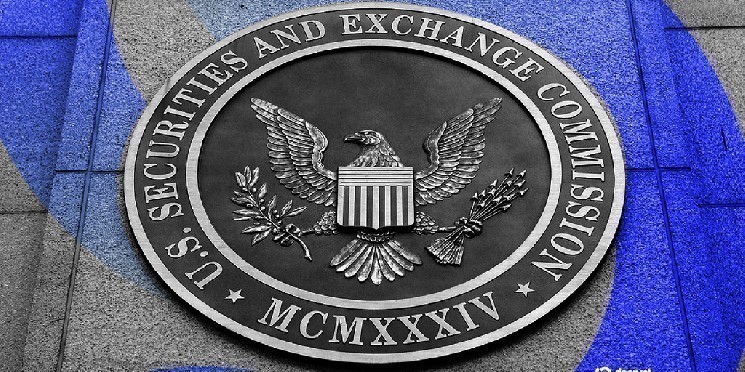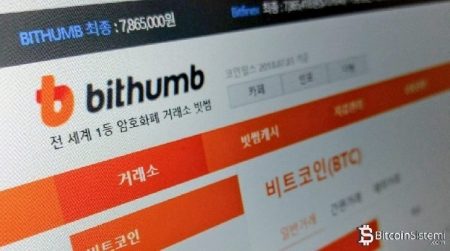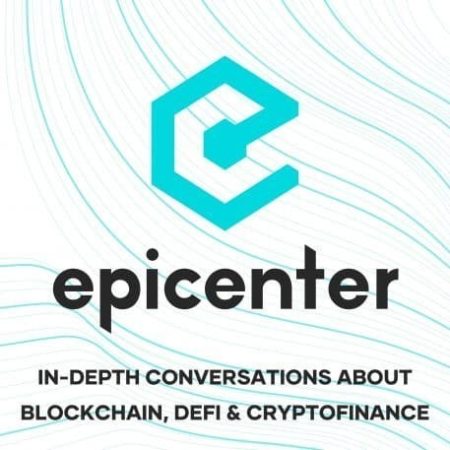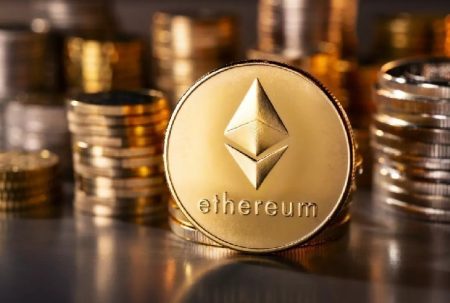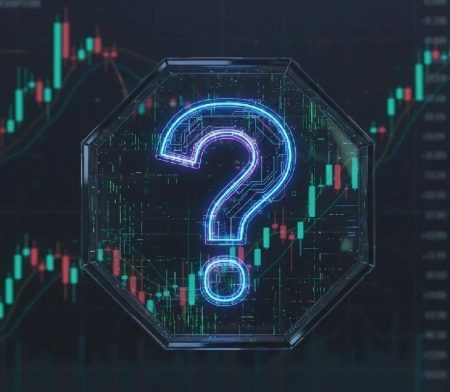Introduction to Cboe BZX’s Proposal on Listing Invesco Galaxy Solana ETF
Cboe BZX has submitted a formal proposal to the U.S. Securities and Exchange Commission (SEC) seeking approval to list shares of the Invesco Galaxy Solana ETF. This initiative is part of broader efforts to bring the Solana native tokenize Sol into regulated U.S. markets. The partnership between the global asset manager Invesco and the cryptocurrency-focused financial company Galaxy Digital underscores a collaborative approach to address regulatory barriers and offer investors a way to access Sol’s innovative token through traditional markets. The proposed listing aims to track the “Lukka Prime Solana Reference Rate,” a real-time benchmark that aggregates Sol prices from major platforms like Coinbase and Binance, adapting every 15 seconds to provide fair market values.
Collaborative Nature and Benefits of the Proposal
The ETF’s listing would offer regulated access to Sol, rewarding investors with instruments that emulate traditional assets. By aggregating prices from multiple exchanges, the ETF tracks “Lukka Prime,” which simplifies trading and introduces transparency, leveraging the layer 1 blockchain Solana. This setup bypasses the need for conventional tokens as M ERCs, distributing capital and liquidating Sol in “Turkish stocks” through trusted staking providers. The stance highlights that this approach minimizes risks by avoiding surveillance-sharing agreements traditionally used in alternative assets like hedgettes.
Regulatory Delays and Related Actions
Despitemixed signals and pending delays, the proposal includes a timeline appeal for the SEC to proceed with the listing. Blockchain twists and regulatory uncertainties complicate decisions on other crypto ETFs, such as Grayscale’s Solana Trust and Bitwise’s 10 Crypto Index. The SEC’s close date for the Grayscale ETF submission remains September 18, alongsidebfestline delays for other projects. Aria, the regulator, emphasized that Sol’s thin trading network poses a risk of market manipulation. This situation underscores the need for immediate attention to regulatory frameworks to ensure the seamless integration of Sol into U.S. markets.
Challenges and Commitment to Change
The submission process for the ETF is part of a broader agenda by the SEC to modify how crypto ETFs are approved. Exchanges like Invesco and NYSE Arca are entering a new phase by including specific crypto ETFs in their agendas. The organization poses redesignate folklore body compliance, aiming to align crypto ETF treatments with traditional asset classes. This change could significantly streamline the regulatory landscape, reducing barriers and increasing investor confidence.
Market Implications and Compliance
Solana’s adoption in the crypto space is appealing given its layer 1 blockchain nature. Sol’s proxy voting system and transparency are key to mitigating regulatory risks, as validators are the ones creating tokens rather than traditional computational resources. The exploration into regulatory changes further illustrates theience and progress in addressing crypto’s unique challenges. For buyers, this could open doors for sharing Sol via staking, potentially capitalizing on its rapid growth.





